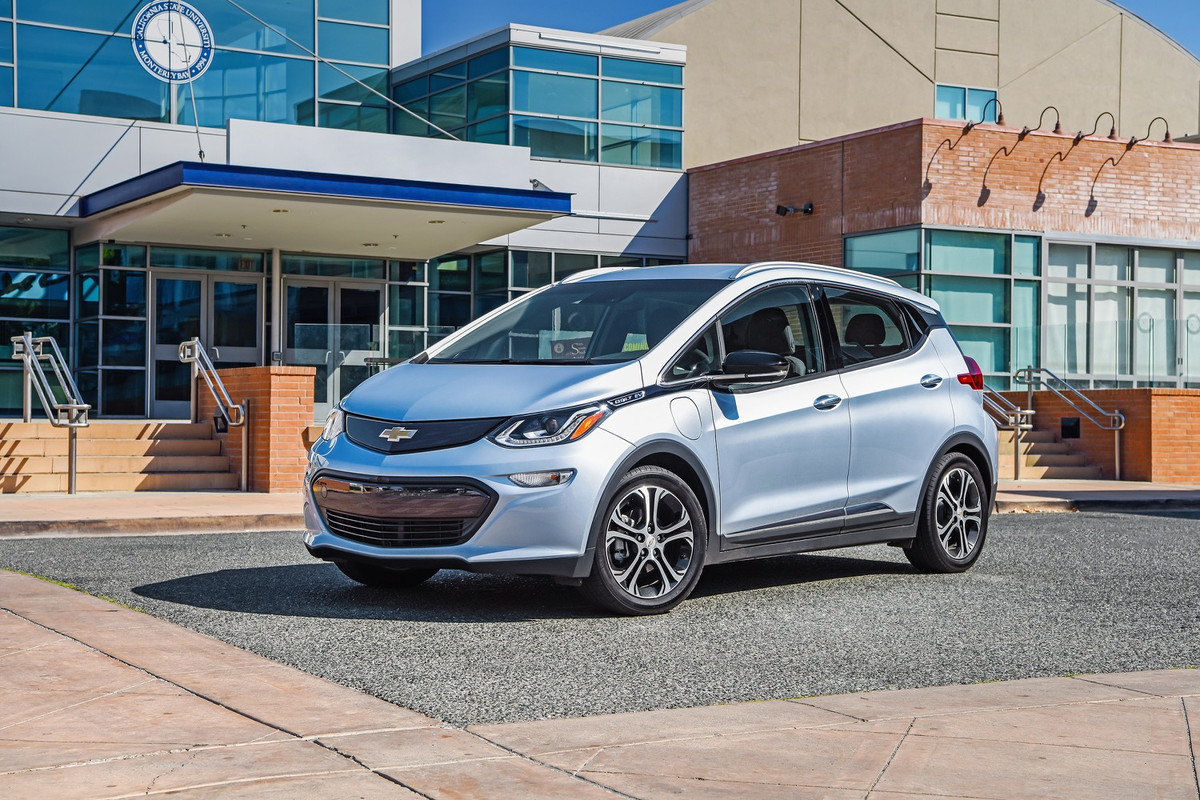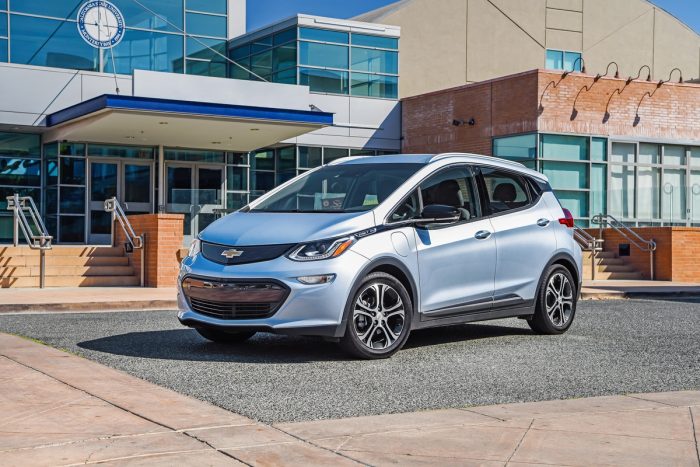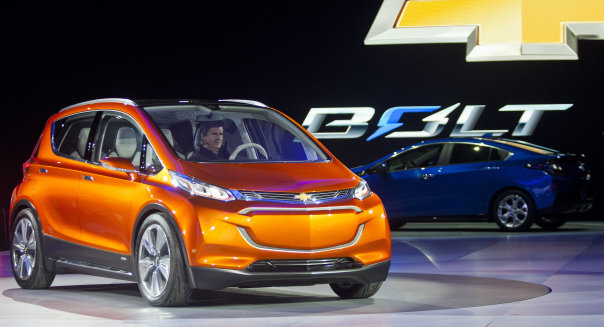Now Reading: Chevrolet Bolt EV outsold Volt in September
-
01
Chevrolet Bolt EV outsold Volt in September
Chevrolet Bolt EV outsold Volt in September

September was a quite strong sales month for the Chevrolet Bolt EV, though not such a fantastic one for its plug-in hybrid cousin, the Volt. The Bolt EV completed the month with its best sales this year at 2,632 units. That’s likewise an improvement of about 500 units compared to August. General Motors also reports that the most of those Bolt EV sales are to private consumers instead of fleet consumers, with 2,505 going to people.
The Volt hardly enhanced during last month with 1,453 sales. Last month it sold 1,445. In contrast, the Bolt EV sold approximately 1,200 more units than the Volt, which doesn’t have range concerns due to its fuel engine.
With the Bolt EV establishing such a big lead over the Volt, we wondered how the two have been doing over the course of the year. After checking the sales data, we can find that things are looking pretty good for the EV, and the Volt seems to have hit a decline. In fact, they have switched positions, as from July to September, the Bolt EV outsold the Volt by a boosting quantity. Also, the EV initially took the lead in July, a month before appearing available across the country.
The Bolt EV has been progressively gaining sales. Its first sales boost was available in March following a drop in February. The Volt began the year with gains in February and March, however the general trend for Volt sales has been down monthly after.
Undoubtedly, a part of the credit for the Bolt EV’s acquiring sales can be credited to its steadily increasing accessibility. But that it is preserving a lead with full availability appears to indicate that consumers are finding the EV a more compelling package. The Bolt is certainly more appealing to pure electric purchasers, boasting 238 miles of variety on electricity rather than the Volt’s 53, and it has some product packaging benefits that the rather cramped Volt does not have. Its slightly crossover-like looks are also most likely to count for a lot in this SUV-crazed market.
Stay Informed With the Latest & Most Important News
Previous Post
Next Post
-
 01Polestar Boss Says It’s Time To Outrun BMW M And Mercedes-AMG
01Polestar Boss Says It’s Time To Outrun BMW M And Mercedes-AMG -
 02Spy Shots: 2027 Mitsubishi Pajero Spotted in Testing Ahead of Possible U.S. Return
02Spy Shots: 2027 Mitsubishi Pajero Spotted in Testing Ahead of Possible U.S. Return -
 03Spy Photos: VW ID. Polo GTI Goes Electric with 223 HP and 280 Miles of Range
03Spy Photos: VW ID. Polo GTI Goes Electric with 223 HP and 280 Miles of Range -
 04The Controversial Ford Voodoo V8 That Was Killed Off Too Early
04The Controversial Ford Voodoo V8 That Was Killed Off Too Early -
 05Hyundai Palisade’s Breakout Year Shows How Quickly the Market Can Turn
05Hyundai Palisade’s Breakout Year Shows How Quickly the Market Can Turn -
 062026 Toyota Hilux EV: A Powerful Truck with Silent Torque
062026 Toyota Hilux EV: A Powerful Truck with Silent Torque -
![2027 Mercedes-Benz S-Class Debuts with V8 Engine [Photo Gallery]](https://speedlux.com/wp-content/uploads/2026/01/2027-Mercedes-Benz-S-Class-33-155x125.jpg) 072027 Mercedes-Benz S-Class Debuts with V8 Engine [Photo Gallery]
072027 Mercedes-Benz S-Class Debuts with V8 Engine [Photo Gallery]


![2027 Mercedes-Benz S-Class Debuts with V8 Engine [Photo Gallery]](https://speedlux.com/wp-content/uploads/2026/01/2027-Mercedes-Benz-S-Class-33-700x394.jpg)











































